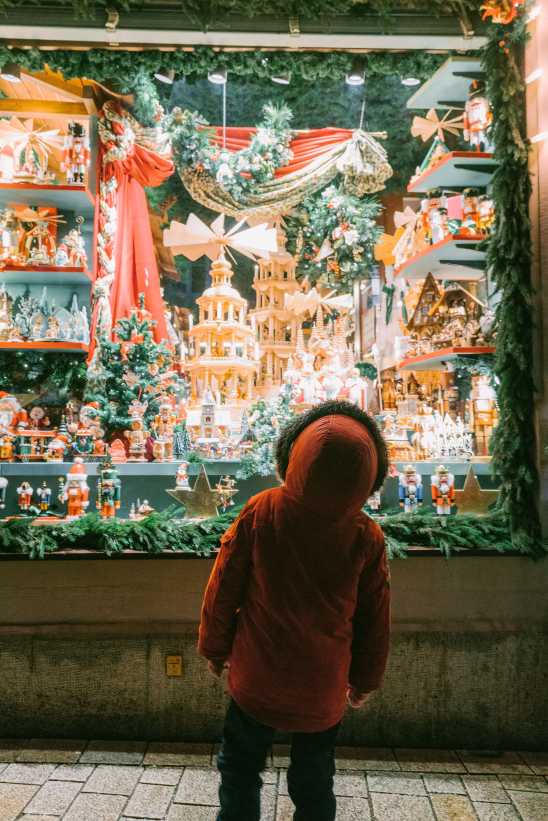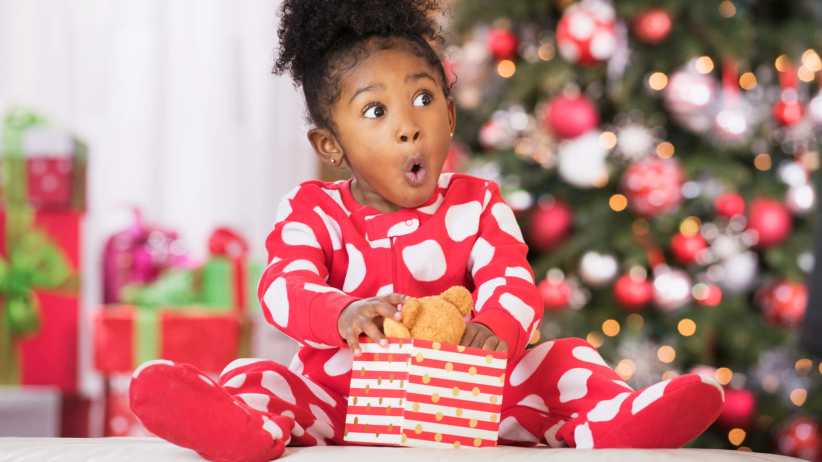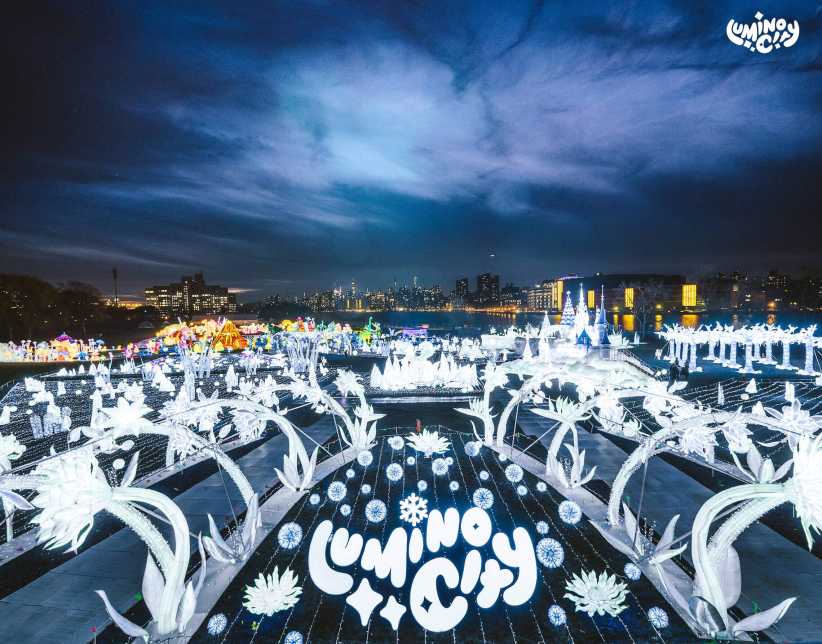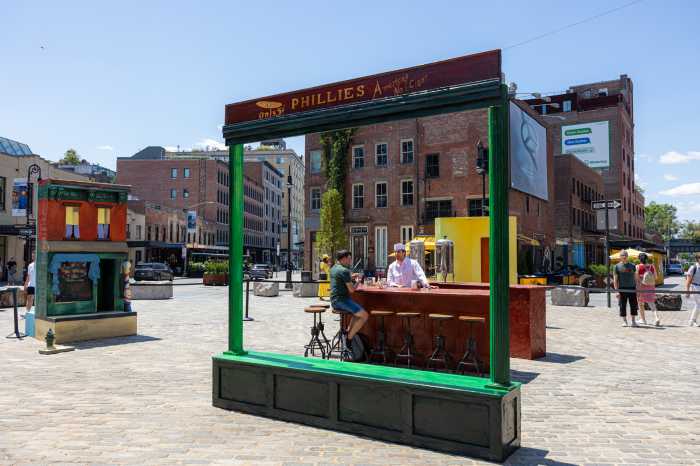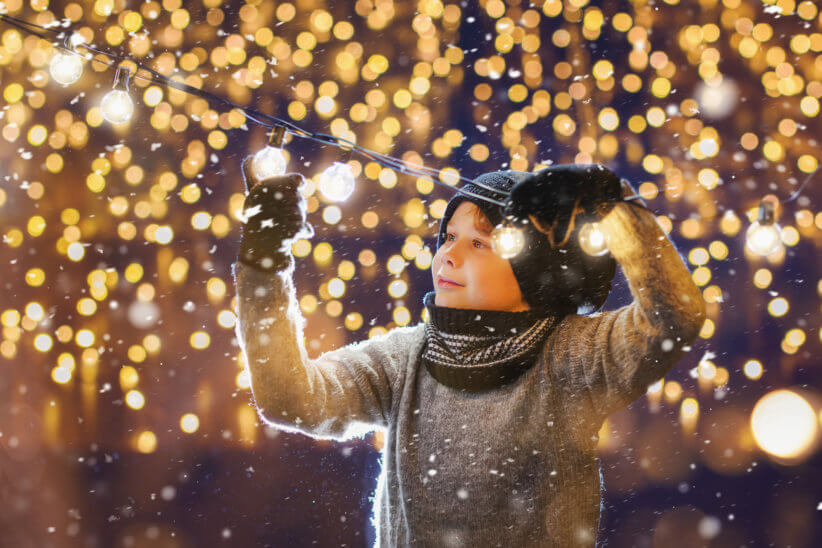
Navigating the Holiday Season When You Don’t Celebrate Traditional Holidays
The winter season is full of holidays. Sometimes, it feels like everywhere you look, there’s a different holiday being celebrated: Christmas, Hanukkah, Kwanzaa, just to name a few.
But what do you do if your family celebrates a holiday that’s not prominently featured in Hallmark stores? Or if you don’t celebrate a holiday during this season at all?
We sat down with Dr. Sourav Sengupta, leading medical expert in pediatric behavioral mental health and chief clinical officer at Hopscotch, to talk about how families can navigate the holiday season when they don’t celebrate the traditional, commonly-celebrated holidays.
Psst… Here’s what you need to know about RSV and other respiratory illnesses.
The holiday season can be challenging for families who don’t celebrate holidays that are prominently celebrated throughout the winter. Young children are in a developmental stage where they’re trying to get a sense of what their family is about and how their family connects with the world around them.
“Little kids are really in awe of all the pageantry of Christmas, in this country, it’s a big deal,” Sengupta says. “And to see it all around but not particularly represented within the family structure, that can be pretty challenging.”
As children reach adolescence, Sengupta says, they tend to want to separate a little from their family and connect with their peers more, and “that’s really challenging to do if your family is not particularly celebrating a majority-culture holiday.”
These challenges can extend to adults in the family structure as well. Parents can feel a tension between the important cultural values and traditions that they want to pass down to their children and the messages that their children are getting from the dominant culture.
“These are challenging moments for families that don’t celebrate those ‘traditional’ holidays,” Sengupta says.
For these families, parents can navigate the season by figuring out how much you want your children to be connected to these traditional holidays. With a holiday like Christmas, if parents want to “have your kids experience the pageantry and the fun of it, I think that’s fine,” Sengupta says.
In cases like this, it can be helpful to look for lines of connection between what values the holiday celebrates and what values they hold as a family.
For example, Christmas is seen as a time for families to get together; time with family is a value shared across many different cultures, even those that don’t celebrate Christmas.
Sengupta says this is something that requires “a little bit of deconstructing,” where parents ask “what is this holiday about? How can I get some of that into our family life?”
But this approach may not be the best choice for all families and all holidays.
“There’s other times when you look into the values underlying something and it’s just not necessarily going to be the exact fit,” Sengupta says. “Maybe it’s even clashing with something that’s important for your cultural background that needs to be happening right now.”
As an example, Sengupta says if a culture is going through a time of contrition and making amends for past challenges, a dominant culture holiday focusing on happiness and celebration may not be a good fit at the time.
“I think in that context, it’s okay just to say we’re not going to participate right now,” Sengupta says. “We’re going to find a way to be together with our family and just sort of say, ‘we’re going to lean into our own cultural experience right now.’”
Families who celebrate more traditional holidays can support their friends and loved ones who celebrate other cultural holidays or don’t celebrate anything during the holiday season.
Sengupta says the big thing in cases like this is “imbuing a spirit of positive curiosity” and being curious about where our friends and loved ones are coming from. If a loved one is celebrating a cultural experience different from the holidays in the dominant culture, this can look like asking about what the cultural experience entails, how it’s celebrated and why it’s important.
“Demonstrating that curiosity in the family context goes a long way,” Sengupta says.
When expressing this curiosity about other cultural experiences, resist the temptation to tie them back to dominant cultural holidays.
“It’s not always about finding the analog in majority culture,” Sengupta says. “It’s just about validating and exploring their experience, and I think that goes a long way towards folks that are not necessarily feeling connected with the majority culture experience.”
Finding space to explore and celebrate other cultural celebrations alongside the holidays of the dominant culture can be a fun bonding experience for families.
“There’s a nice balance between transmitting our love and connection with a particular holiday that’s meaningful for our culture and really talking about and getting excited, exploring and eating the food of different cultural celebrations,” Sengupta says. “Not just attending the majority culture ones, but other non-traditional minority cultural ones as well.”












